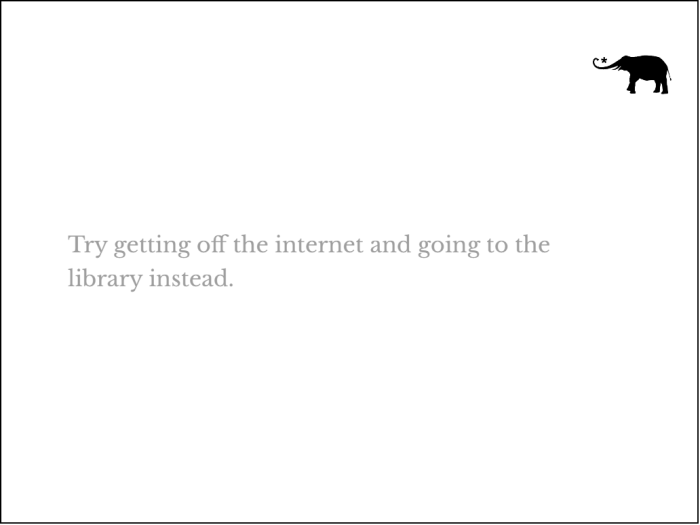What if you were having a conversation with a neighbor and they told you that giraffes were turning purple?
They alleged that all the zookeepers around the world decided to feed the giraffes something strange that would make them all change color, and they were going to go after the wild giraffes, too!
Would you question that? Would it sound so ridiculous that you might even laugh out loud? Fortunately, you can go to the zoo for yourself as often as you’d like and you can confirm with your own eyes that the giraffes are absolutely still brown in reality. No microscopes needed, no advanced education required. Next!
Ok. What if you have terrible pain when you urinate and the doctor requests a urine sample?
Can you tell by looking at your own urine if you have a urinary tract infection? Or do you have to trust a professional to evaluate the bacteria counts under high powered magnification? Would you even know how to do that? You need more than your eyes and you might need a bit more education to know how to evaluate a sample for urinalysis or how to do a urine culture. But when reality shows that you have too many bacteria in your urine, you can take an antibiotic and be cured. Relatively easy solution. Next!
Let’s take this one step further. A novel virus is spreading across the world and we need to understand how to bring it under control and minimize damage. This requires the collaboration of experts in economics, virology, epidemiology, and public health, among MANY MANY MANY others. The more complex the problem gets, the less and less likely you are to have the tools or the knowledge to solve it and the more group effort is bound to be required. The average person is not equipped to interpret data, design a clinical trial, or determine if a patient has myocarditis or needs a ventilator.
We like to think all the answers are available to us at the search of a Google, but it’s simply not the case. Not every question has a simple answer, and everyone can’t know everything. That’s not how the world works.
Putting it a different way, someone who has a high school education in the United States will probably have a better basic understanding of mathematics and spelling than someone who never went to school. That’s not a value judgement, that’s reality. Someone who has a bachelor’s degree will likely have a better basic understanding of their specialty than a high school graduate. Conversely, someone with a PhD in Molecular Biology isn’t qualified to diagnose a urinary tract infection, but they can interpret and analyze complex data and distinguish good data from junk!
Education doesn’t mean everything, but it obviously means something.
There are tiers and boundaries. Our education varies. Our access to high-quality sources of knowledge is not equal across the globe or even across the USA. Our ability to evaluate the credibility of those sources is not equal and we are so bombarded with polarized sources of misinformation at historical and catastrophic levels that people believe giraffes are turning purple (metaphorically).
To exercise intelligent behavior, the best thing to do is consult with someone you personally trust and who is clearly educated appropriately to discuss the topic in question. It also helps to understand which sources of information are well-researched and prepared by qualified professionals who don’t have political or financial conflicts of interest.
This is 100% reality: the media is not your friend nor are the memes that circulate on social media. Furthermore, scientists and researchers, fellow citizens of different political views, even the idiot neighbor who believes a conspiracy about purple giraffes, are not your enemies.
This is simply a matter of your ability to sort fact from fiction, to know your limitations, and to have responsible habits for consuming information.
For more than 2 years, I have been fielding questions about COVID, vaccines, public health, and beyond. I have tried to make my qualifications known to those in my immediate circle and in public forums. My understanding doesn’t even have to be perfect for it to be orders of magnitude better than every average media article circulating on the internet, but the standard to which I hold myself brings me pretty damn close.
So what is it that you prefer: the right answers or the wrong answers? Do you want to be manipulated or informed? Do you want to be a part of solutions and progress or do you want to stand by your ignorance?
My recommendation is to cultivate a network of qualified people with different kinds of knowledge, and possibly get a library card.
If you direct your questions at the right people, you will most likely get the right answer.
It’s getting more and more ridiculous out there. Keep those tinfoil hats on tight!









Read 0 comments and reply